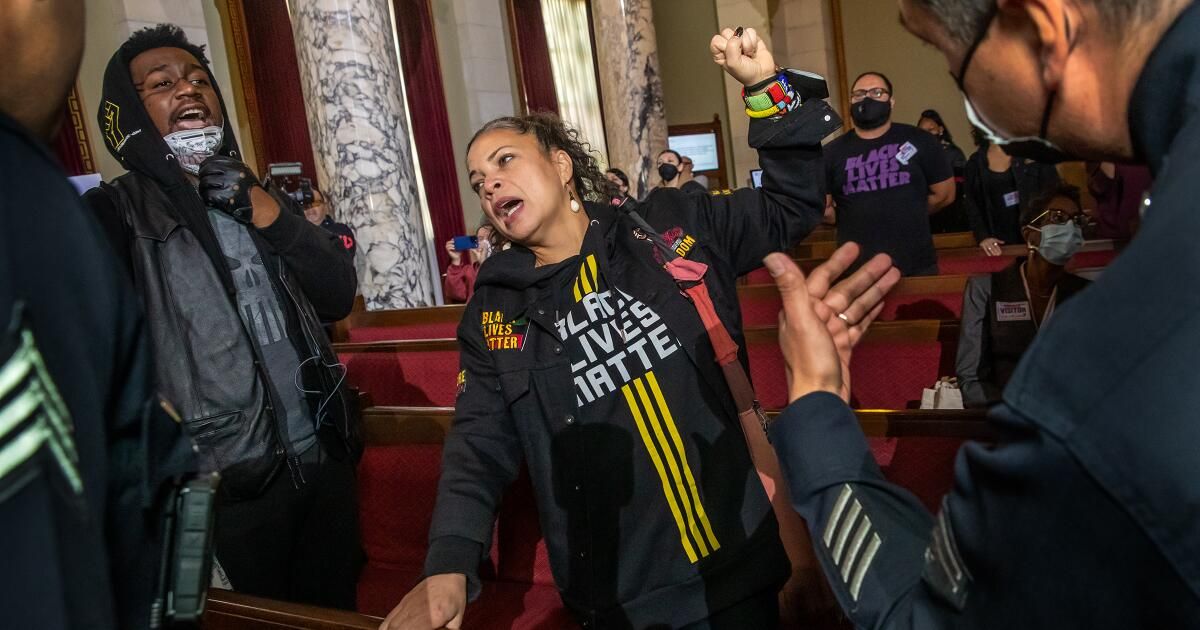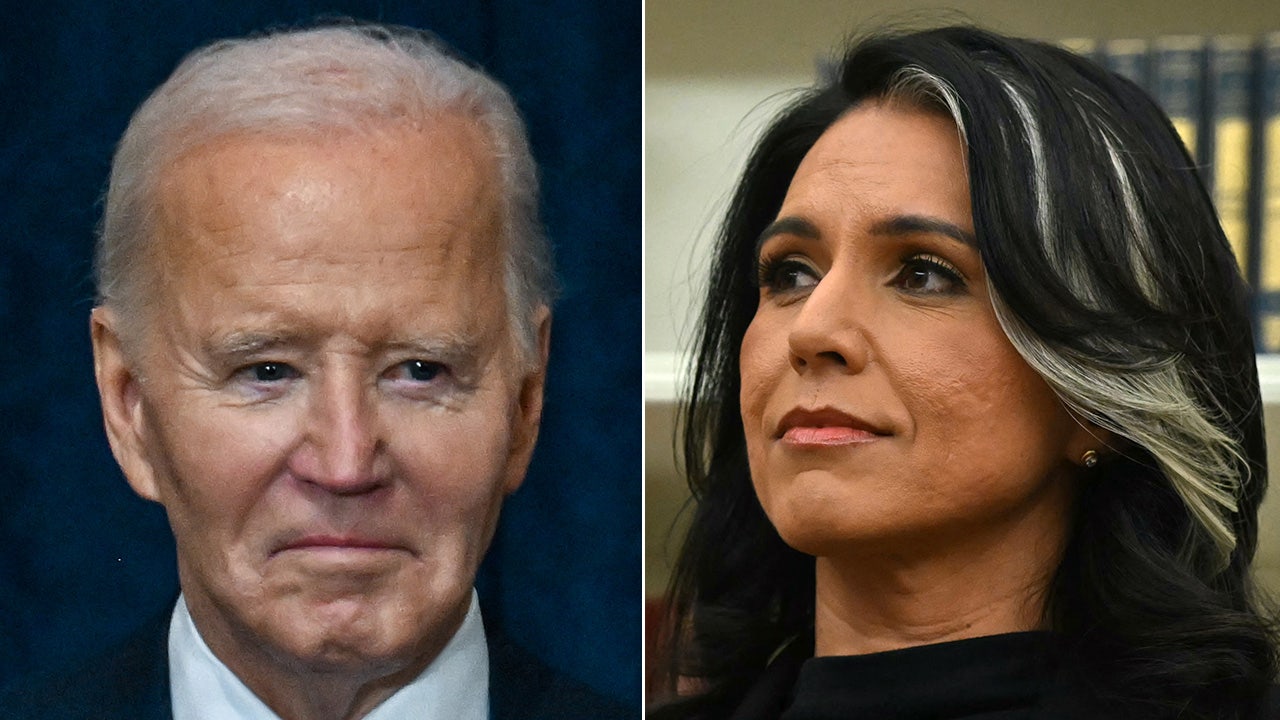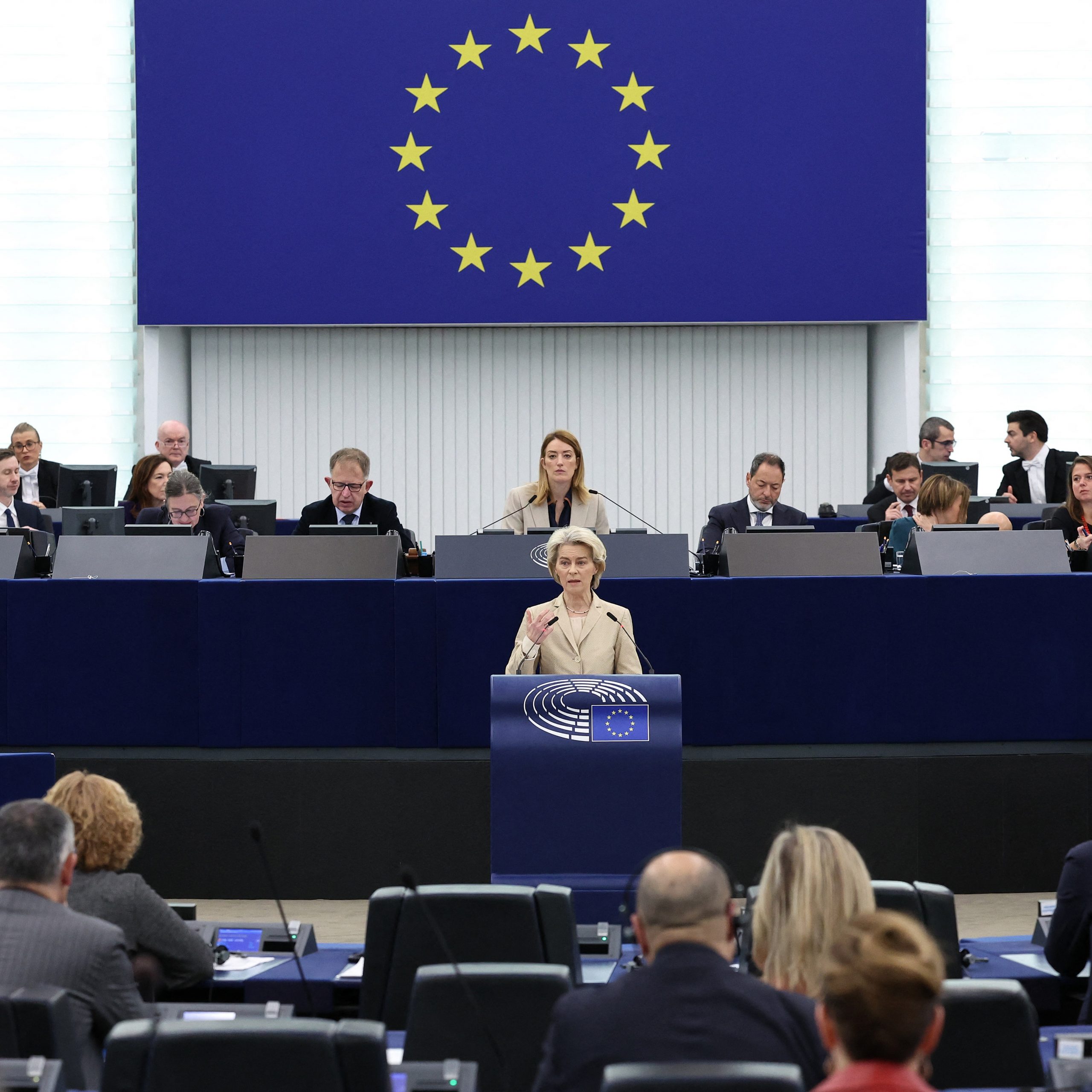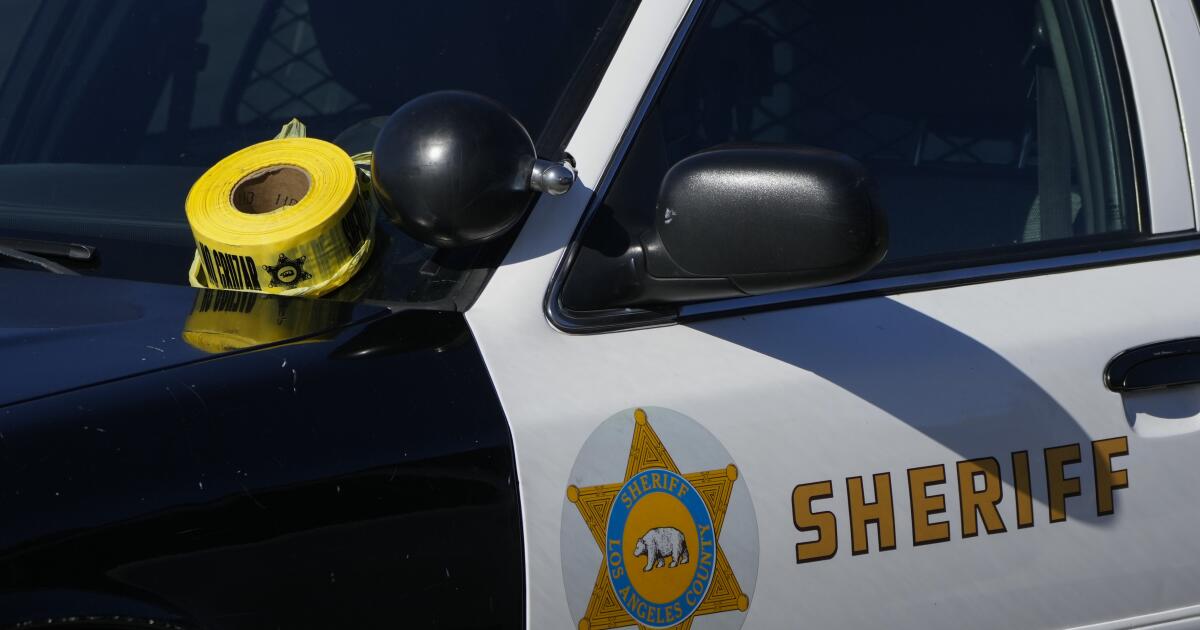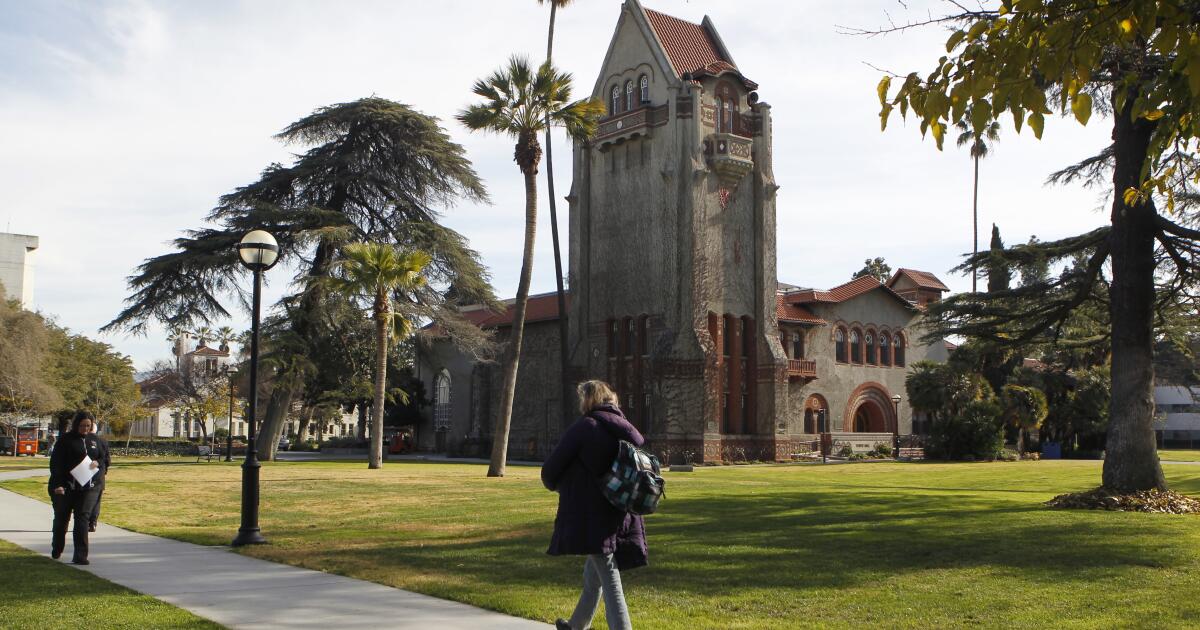An attorney for Melina Abdullah, a leader of Black Lives Matter-Los Angeles, has filed a lawsuit against the city, alleging that a search of her home earlier this year by police officers was part of a broader campaign of intimidation and harassment against critics of the LAPD.
Dermot Givens represented Abdullah in his own case against the city, alleging that heavily armed officers in tactical gear surrounded his home when they responded to a report of a hostage situation despite warning signs that it was a hoax.
In July, a jury ruled against the civil rights activist, finding that the LAPD officers involved acted within the law.
Givens’ lawsuit, filed Thursday, alleges that the police raid on her home in January was the work of a “gang of rogue police officers led by former LAPD Commander Cory Palka to intimidate and silence Black Lives Matter members and supporters, including their attorneys.”
Palka, who retired as a commander, served as captain of the department’s Hollywood division in 2017 and 2018. He left the department after being accused of tipping off CBS executives about a woman who had filed a report accusing former CBS Corp. chief Leslie Moonves of assaulting her in a restaurant parking lot many years earlier.
Palka did not respond to a text message seeking comment.
Givens, who offered no evidence of Palka's involvement in the search of his home, alleged the former LAPD officer was engaged in “a pattern of unlawful conduct” that he said targeted the Black Lives Matter advocate and others who spoke out against police abuses.
Los Angeles Police Department officers arrived at Givens' Hollywood condominium after obtaining a search warrant to find a man accused of stealing camera equipment. Police said an Apple AirTag was ringing in the vicinity of the home.
Givens alleges that police “tricked” a judge into signing the warrant, which he says was based on unreliable testimony from a police informant. Givens said the affidavit filed by police did not mention that he was an attorney or list his address, one of five units in a larger complex.
During the search, Givens said he was escorted outside at gunpoint as officers rummaged through his belongings. At one point, he said, officers took photographs of privileged attorney-client records from Abdullah's “swatting” lawsuit.
Givens said he also discovered some jewelry missing from two safes that had been opened during the search.
A judge later ordered the Los Angeles Police Department to return or destroy any “attorney work product” they had taken or captured in the photographs.
Los Angeles Police Department spokeswoman Jennifer Forkish declined to comment, saying the department does not discuss pending litigation. An email sent to the city attorney’s office on Friday went unanswered. When reached by phone, Givens said the lawsuit speaks for itself and declined to comment further.
Palka and the city are listed as co-defendants in the lawsuit, filed this week in Los Angeles County Superior Court, along with several officers who participated in the search.
Givens, a longtime political consultant and attorney, has for years represented Abdullah, a university professor who emerged as a prominent organizer against police violence.
In the 2020 incident that prompted her lawsuit, authorities said they believe the person responsible for the fake 911 call had made other fake calls to other police departments across the country.
Abdullah alleged that police ignored signals that the hostage emergency reported by the caller was not real and proceeded to surround his home with more than a dozen officers in tactical gear.
At a trial earlier this year, city attorneys argued that police should not be held liable for any harm because they were responding to what they believed was a legitimate hostage situation. After five days of testimony last month, a jury ruled in favor of the city and the two police officers named in their lawsuit, Sergeant James Mankey and Officer Jose Perez.
Abdullah’s legal team has attempted to revive the suit, arguing that the original 911 call may have been a “fiction” concocted by law enforcement authorities — and not, as police have said, the work of a teenager who fled to the Mediterranean island nation of Cyprus.

